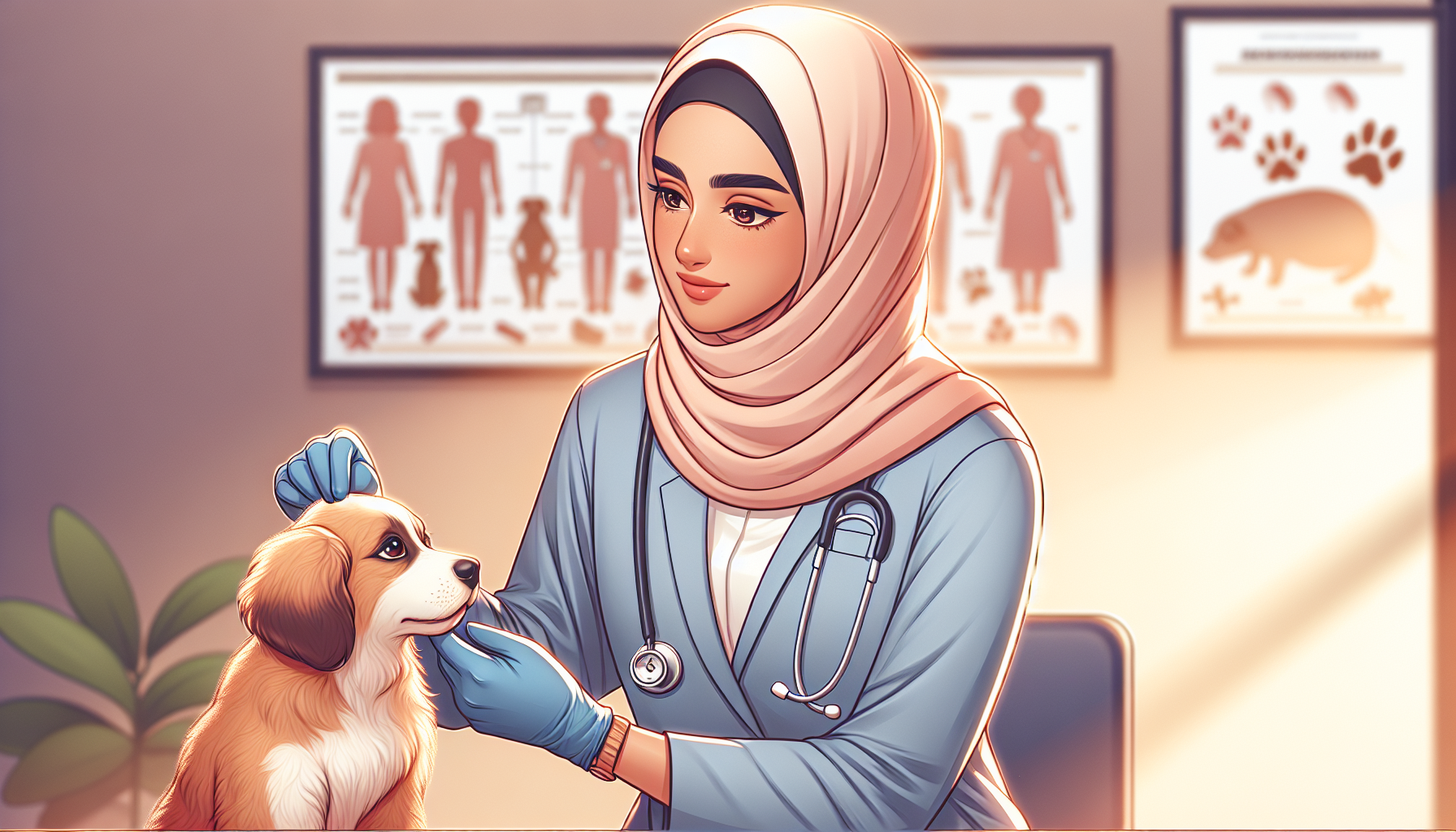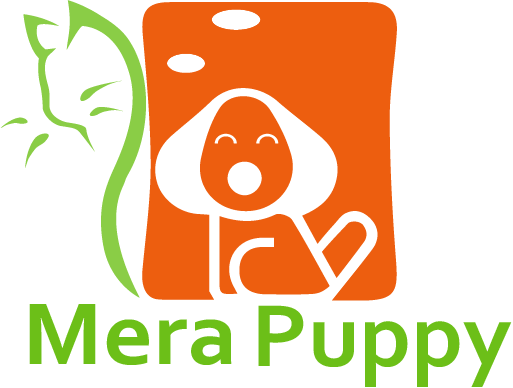- Empty cart.
- Continue Shopping
Understanding Canine Distemper: Symptoms, Causes, and Prevention Tips – distemper in dogs

distemper in dogs :
Understanding Canine Distemper: Symptoms, Causes, and Prevention Tips
Canine Distemper is a serious, highly contagious viral disease that poses a significant threat to your dog’s health. Understanding the symptoms, causes, and prevention tips can help you ensure your furry friend stays safe and healthy. This comprehensive guide delves into everything you need to know about Canine Distemper.
What is Distemper in Bogs?
Canine Distemper is caused by the Canine Distemper Virus (CDV), which is part of the Paramyxoviridae family of viruses, closely related to the measles virus in humans. It primarily affects the respiratory, gastrointestinal, and central nervous systems of dogs and other animals.
Symptoms of Distemper in Dogs
Recognizing the symptoms early can be crucial for the treatment and recovery of your dog. The symptoms of Distemper in Dogs can vary widely and can affect multiple systems within the body. Here are the most common symptoms:
- Fever: Often the first sign of infection.
- Nasal and Ocular Discharge: Runny nose and eyes can indicate a respiratory involvement.
- Coughing: Persistent and often severe.
- Vomiting and Diarrhea: Indicators of gastrointestinal distress.
- Hard Pad Disease: Thickening of the skin on the paw pads and nose.
- Neurological Symptoms: Includes seizures, twitching, and paralysis.
- Lethargy and Loss of Appetite: General signs of illness and discomfort.
Causes and Transmission of Distemper in Dogs
The Canine Distemper Virus is highly contagious and primarily spreads through respiratory droplets when an infected dog coughs or sneezes. The virus can also be transmitted through direct contact with bodily fluids, or by contact with contaminated objects like food bowls or bedding.
Risk Factors
Certain factors can increase your dog’s risk of contracting Distemper in Dogs, including:
- Age: Puppies and young dogs are more susceptible.
- Vaccination Status: Unvaccinated dogs are at a higher risk.
- Immune System Health: Dogs with weakened immune systems are more vulnerable.
- Exposure to Wildlife: Raccoons, foxes, and other wildlife can carry and spread the virus.
Diagnosis and Treatment
If you suspect your dog may have Canine Distemper, it is crucial to seek veterinary care immediately. Diagnosis generally involves clinical signs and laboratory tests, including blood tests and polymerase chain reaction (PCR) to detect viral RNA.
Treatment Options
There is no specific antiviral treatment for Distemper in Dogsr. Veterinary care focuses on supportive treatment to manage symptoms and prevent secondary infections. This may include:
- Intravenous Fluids: To prevent dehydration.
- Antibiotics: To treat secondary bacterial infections.
- Anticonvulsants: To manage seizures.
- Nutritional Support: Ensuring the dog receives proper nutrition.
Prevention Tips
Vaccination is the most effective way to protect your dog from Canine Distemper. Here are some essential prevention tips:
Vaccination
Ensure your dog receives the entire vaccination series, starting from puppyhood through adulthood. Follow your veterinarian’s advice on booster shots to maintain immunity.
Avoiding Exposure
Minimize your dog’s exposure to potentially infected animals, including wildlife and unvaccinated dogs. Be cautious when visiting parks, dog daycares, and boarding facilities.
Sanitation
Maintain a clean living environment by regularly disinfecting your dog’s belongings and living spaces. Proper hygiene practices can reduce the spread of the virus.
Conclusion
Canine Distemper is a formidable foe, but with the right knowledge and proactive measures, you can protect your dog from this deadly disease. By staying vigilant about vaccinations, maintaining good hygiene, and recognizing symptoms early, you can help ensure a long, healthy life for your beloved pet.
For more detailed information on dog health and disease prevention, be sure to consult your veterinarian and keep up to date with the latest veterinary guidelines.
Unbelievable Pet Accessory Deals on Amazon!
Watch funny and cute dog videos!

















